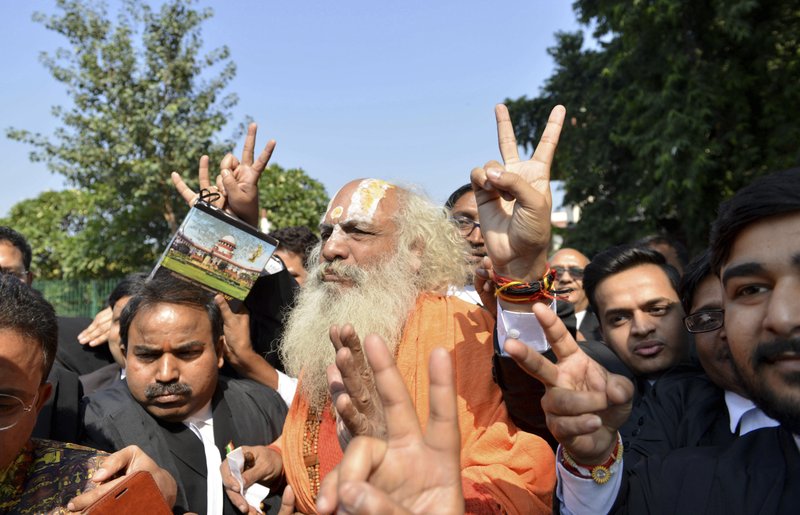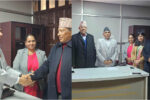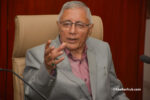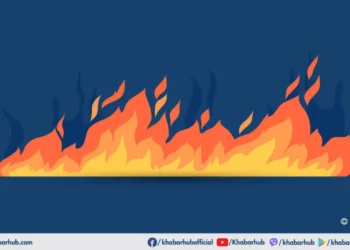NEW DELHI: India’s Supreme Court on Saturday ruled in favor of a Hindu temple on a disputed religious ground and ordered that alternative land be given to Muslims to build a mosque.
The dispute over land ownership has been one of the country’s most contentious issues, with Hindu nationalists demanding a temple for more than a century.
Prime Minister Narendra Modi hailed the court verdict and said that it has settled a long-standing matter. “Every point of view was given adequate time and opportunity to express differing points of view. This verdict will further increase people’s faith in judicial processes,” he tweeted.
Five Supreme Court justices said in a unanimous judgment that 5 acres (2.02 hectares) of land will be allotted to the Muslim community at a prominent place for building a mosque. The disputed land will be given to a board of trustees for the construction of a temple for Hindu god Ram.
Hindu supporters and activists celebrated the ruling on the court lawns, blowing bugles and chanting “Jai Shree Ram,” or hailing god Ram.
Vishnu Shankar Jain, an attorney who represented the Hindu community, said the journey over several years had been a struggle.
“It was a huge legal battle and we are happy that we convinced the Supreme Court. It’s a historic moment for Hindus,” he said.
Raj Nath Singh, India’s defense minister, appealed to all to “accept the court verdict and maintain peace.”
Hindu hard-liners say they want to build a new temple to god Ram on the site, which they revere as his birthplace. They say the mosque was built after a temple dedicated to the Hindu god was destroyed by Muslim invaders.
After the demolition of the mosque, Hindus and Muslims took the issue to a lower court, which in 2010 ruled that the disputed land should be divided into three parts — two for Hindus and one for Muslims.
That was challenged in the Supreme Court by both communities.
The five judges started daily proceedings in August after mediation failed to find a compromise.
Overall, Hindus comprise more than 80% and Muslims nearly 14% of India’s 1.3 billion people.
(with inputs from Agencies)









Comment